
Issue #77: Saturday 25 January, 2024
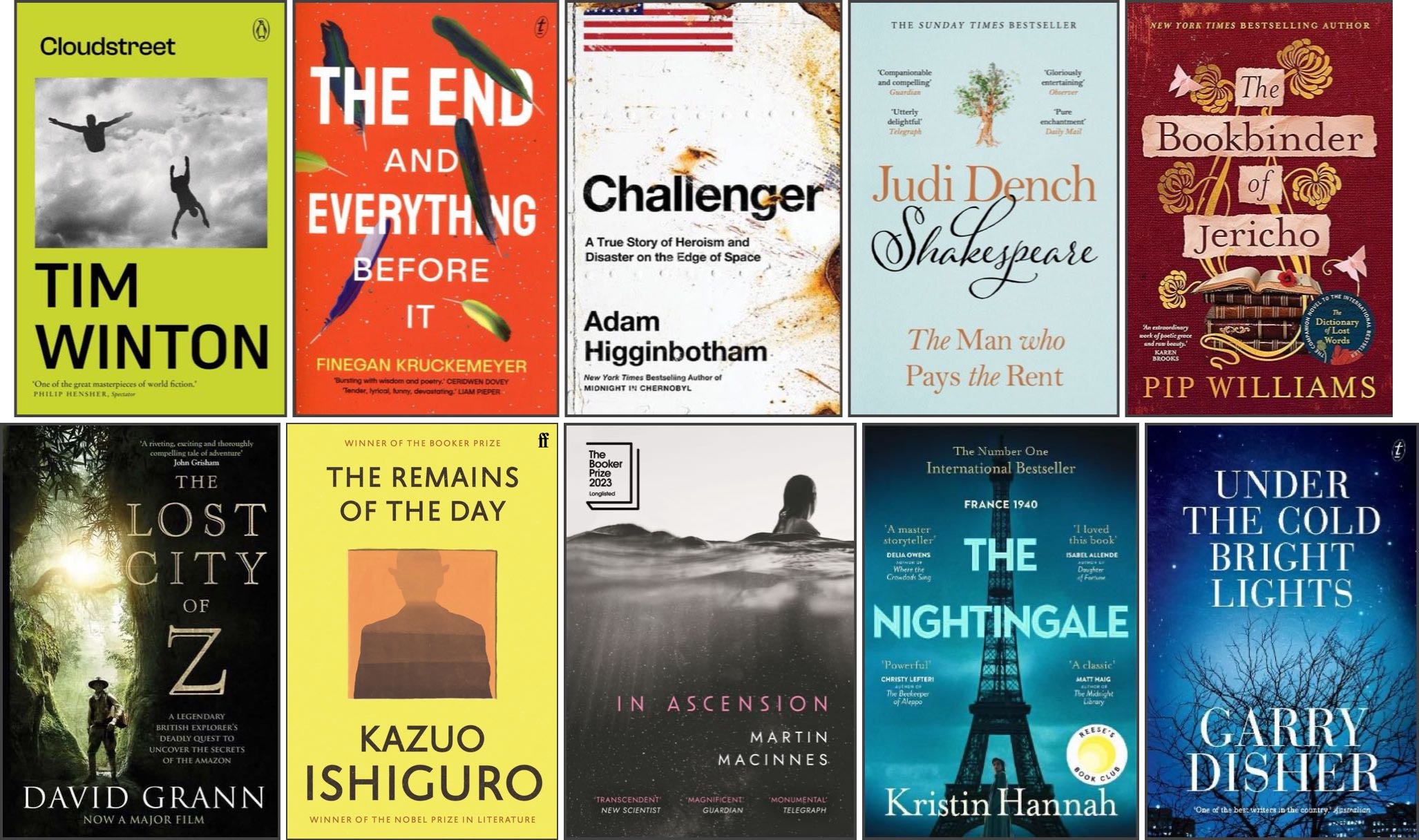
Here’s the top books I read in various categories during the year. Each title is linked to my review of that book in this newsletter. I then give short summaries of the first few titles in each section.
| 1) In Ascension | Martin MacInnes |
| 2) The Hush | Sara Foster |
| 3) Dark Matter | Blake Crouch |
| 4) Short Fiction | H. Beam Piper |
| 5) The Absolute at Large | Karel Čapek |
There are many mysteries encountered in In Ascension, and few if any of them are given clear answers; yet that doesn’t matter. The mysteries, the questions which arise, are by themselves deeply thought-provoking and stimulating.
I have to mention the wonderful quality of the writing, which at almost every moment makes you pause to think, to digest. Even small things about ordinary life are magnified and examined by the author’s gaze.
An excellent piece of near-future science fiction by this Australian author, with a strong feminist message.
I thought this was very well done, especially how plausible the author makes the slow descent into an authoritarian, surveillance society, as people begin to accept that their lives are more and more being observed, and that draconian laws “to protect life” are justified. It’s all too likely, I’m afraid. One only has to look at the taking-away of abortion rights in the United States in recent years, and the compulsion of the right wing in many countries to want to control the lives, bodies and sexuality of women.
This is a fast-paced thriller with a clever science-fiction concept behind it. It’s written in a spare, punchy style reminiscent of a screenplay—short sentences, brief paragraphs—so it’s hardly surprising that the book was turned into a television series on the AppleTV+ platform.
I enjoyed this a lot. The quality of the prose isn’t particularly high, and there are a couple of what I think are logical flaws, but the book certainly grabs you in and keeps you going. Recommended.
| 1) Under the Cold Bright Lights | Garry Disher |
| 2) Devil’s Kitchen | Candice Fox |
| 3) Yellowface | R.F. Kuang |
| 4) Cold as Hell | Lilja Sigurðardóttir |
| 5) The Man in the Queue | Josephine Tey |
Excellent piece of crime fiction from Australia’s master of the genre, Garry Disher.
As in Disher’s other novels the focus here is on the life and relationships of the main character rather than on the mystery elements of the plot. Indeed in this book there isn’t much of the classic ‘who done it’ element to the story, just dogged and patient police procedure which leads to the answers.
Disher has a wonderful ability to run several different threads of story at once yet unite them into a strong and compelling narrative.
Top notch stuff. Really enjoyed it.
Devil’s Kitchen was a cracker, I thought. A rogue team of fire-fighters, led by a man who survived the collapse of the Twin Towers in 9/11, is secretly carrying out audacious robberies in New York using the cover of their official job. One member of the team, whose girlfriend and child have mysteriously disappeared, suspects the others of foul play and betrays their secret. A real page-turner, lots of twists, very well done.
| 1) The Hunter | Tana French |
| 2) The Bird Tribunal | Agnes Ravatn |
| 3) The Half Life of Valery K | Natasha Pulley |
| 4) This Kingdom of Dust | David Dyer |
| 5) The Reykjavik Noir Trilogy | Lilja Sigurðardóttir |
This is a sequel to French’s The Searcher, published in 2020, which I greatly enjoyed. Both books are set in a village in Ireland and feature many of the same characters: the retired Chicago detective Cal Hooper, who has settled in Ireland after the death of his wife; and Trey, a wild teenager who Cal has taken under his wing and for whose well-being he feels responsible.
Excellently written, with a great handling of tension and conflict and very interesting characters and relationships. What’s not to like?
This is one of those books with a fairly straightforward plot, but considerable psychological depth. And it stayed with me for quite a while after I had finished reading as I kept on thinking about it.
Deeply engaging and intriguing. I liked this a lot.
Thriller based on historical fact: the radiation leak which devastated a town for the workers at a Soviet plant producing plutonium for nuclear weapons.
I liked this a lot, though I wasn’t totally convinced by the ending of the story, which seemed to lower the level of tension much more quickly than I would have liked.
Still, definitely recommended.
| 1) The Bookbinder of Jericho | Pip Williams |
| 2) The Nightingale | Kristin Hannah |
| 3) The Tolstoy Estate | Steven Conte |
| 4) After Alice Fell | Kim Taylor Blakemore |
Set in and around Oxford University in the Edwardian era and specifically just before and after the Great War
This was a very moving and engaging read which I enjoyed a great deal. The characters, the setting of Oxford, and the mileu are all very well depicted and interesting. A fascinating Author’s Note explains how the story arose from her researches for her first book, The Dictionary of Lost Words.
Definitely recommended.
This is a very moving book about two French sisters, Isabelle and Vianne, during World War II, when France is invaded and occupied by the Germans. While the horrors of the occupation and the sufferings and struggles of the sisters are the core of the story, an equally-important thread is their fractured relationship with each other and with their apparently cold and unloving father.
Highly recommended.
When a Nazi medical unit moves into the estate of Leo Tolstoy, where he wrote his great novel War and Peace, an unusual, but ultimately convincing and very touching love story develops. The links with Tolstoy’s masterpiece which run throughout make it a fascinating read.
| 1) Railhead | Philip Reeve |
| 2) Mortal Engines Quartet | Philip Reeve |
| 3) Utterly Dark and the Tides of Time | Philip Reeve |
In the far future, planets are interconnected by a rail network built millennia ago by strange beings called Guardians. Trains run on rails which lead through portals through which they can make instantaneous leaps from one world to another.
We’re introduced to young Zen Starling, who is a petty thief. On the run from one robbery, he finds that he is being followed. Who is following him, and why, is gradually revealed, and takes him on a high-stakes adventure which ultimately leads to a catastrophic conclusion.
Really good stuff, and I’m looking forward to reading the other books in the series.
| 1) Cloudstreet | Tim Winton |
| 2) The End and Everything Before It | Finegan Kruckemeyer |
| 3) The Remains of the Day | Kazuo Ishiguro |
| 4) A Pale View of Hills | Kazuo Ishiguro |
| 5) The Burrow | Melanie Cheng |
It’s hard to know what to say about Cloudstreet, which is a great piece of Australian literature, and I’m finding it very hard to do it justice.
A sprawling, raucous, often very funny, occasionally tragic and at times mystical epic family story. The major characters are rich and interesting and their stories are deeply engaging.
As a picture of working-class Australian life in the post-War period, Cloudstreet is wonderful. And it’s tremendously entertaining to read. I am really glad to have finally read the book.
There’s a mythic feel to the novel, particularly at the start: a heightened sense of unreality, a sense that you are being recounted a legend, a story for the ages. In many ways it reminds me in a very positive way of the writing of fellow-Australian Robbie Arnott, particularly the latter’s novels Flames and The Rain Heron.
Full of wisdom, poetry, humour, sadness and magic, The End and Everything Before It is a real pleasure to read. Highly recommended.
| 1) Challenger | Adam Higginbotham |
| 2) Shakespeare: The Man Who Pays the Rent | Judi Dench |
| 3) The Lost City of Z | David Grann |
| 4) Exactly | Simon Winchester |
| 5) Dreyer’s English | Benjamin Dreyer |
Higginbotham focuses his forensic eye on the loss of the Challenger Space Shuttle. In working up to that tragedy, he covers much of the American space program and the workings of NASA and its subcontractors. He writes so well and so clearly that this book is as gripping as any thriller, even though we know the sad conclusion.
Filled with fascinating detail—the book is over 500 pages in length, with hundreds of notes and sources—this is a great read, highly recommended.
This book was a delightful Christmas present from my lovely wife at the end of 2023. It is comprised of a long series of vastly entertaining discussions between the wonderful British actress Dame Judi Dench and the actor and director Brendan O’Hea who has known her for decades.
Dench comes across as a warm, very funny and often outspoken personality, and her close friendship with O’Hea is obvious in the back and forth of the discussions.
I devoured this book in about four days after Christmas, and enjoyed every bit of it. Definitely recommended.
Grann travels into the Amazonian jungle to pursue the fascinating story of the British explorer Percy Harrison Fawcett, who disappeared in 1925 while exploring the Amazon. Fawcett had become convinced of—indeed obsessed by—the idea that the Amazon basin once boasted an advanced civilisation which had built at least one major city housing many thousands of people.
In other hands this story could have been merely a recitation of facts, but David Grann really knows how to tell a gripping narrative. Which is not to indicate that he over-uses his imagination in telling the story: no, he has carried out an immense amount of research, which is testified to by the many, many pages of notes and references he includes.
| 1) Cloudstreet | Tim Winton |
| 2) The End and Everything Before It | Finegan Kruckemeyer |
| 3) Challenger | Adam Higginbotham |
| 4) Shakespeare: The Man Who Pays the Rent | Judi Dench |
| 5) The Bookbinder of Jericho | Pip Williams |
| 6) The Lost City of Z | David Grann |
| 7) The Remains of the Day | Kazuo Ishiguro |
| 8) In Ascension | Martin MacInnes |
| 9) The Nightingale | Kristin Hannah |
| 10) Under the Cold Bright Lights | Garry Disher |
Total number of books read: 64. Target was 75.
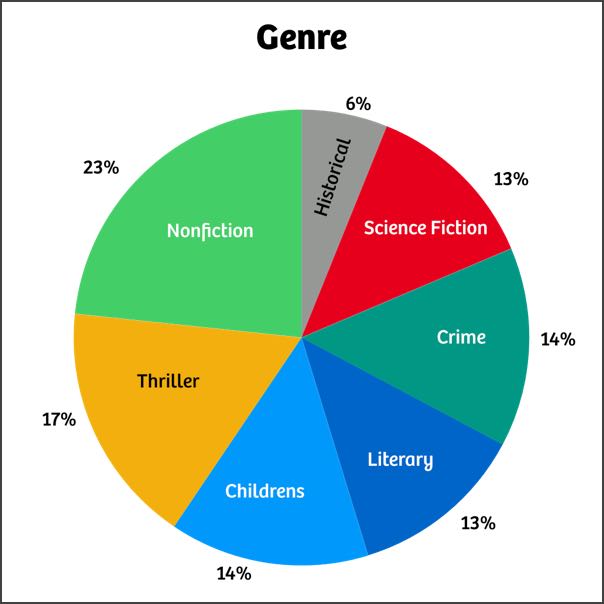
| Genre | Count | Percentage |
|---|---|---|
| Nonfiction | 15 | 23% |
| Thriller | 10 | 16% |
| Juvenile | 9 | 14% |
| Literary | 9 | 14% |
| Crime | 9 | 14% |
| Science Fiction | 8 | 13% |
| Historical Fiction | 4 | 6% |
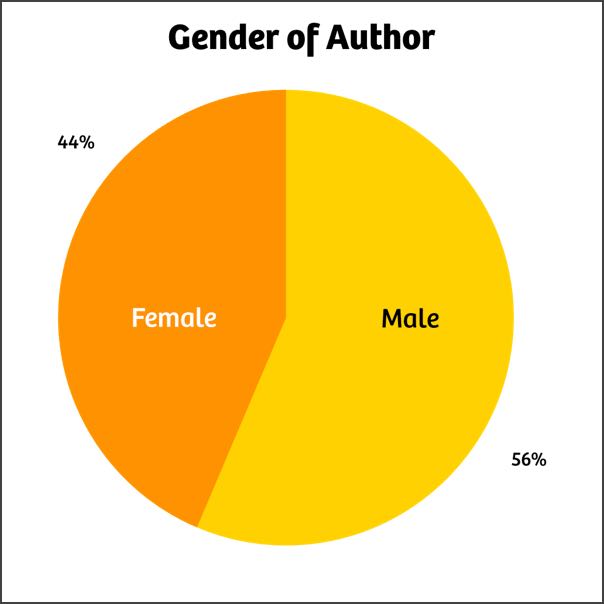
| Gender | Count | Percentage |
|---|---|---|
| Male | 36 | 56% |
| Female | 28 | 44% |
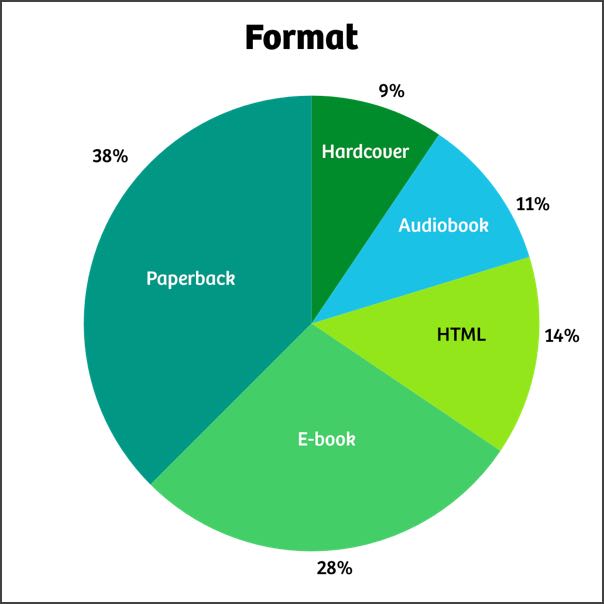
| Format | Count | Percentage |
|---|---|---|
| Paperback | 24 | 38% |
| Ebook | 18 | 28% |
| HTML | 9 | 14% |
| Audiobook | 7 | 11% |
| Hardback | 6 | 9% |
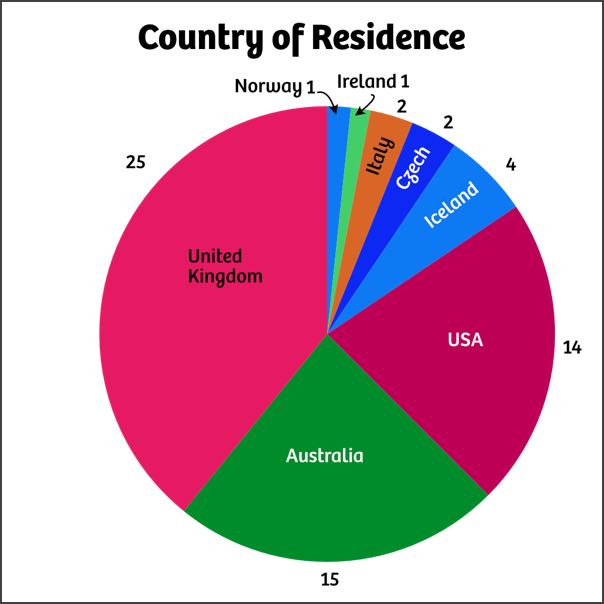
| Country | Count | Percentage |
|---|---|---|
| United Kingdom | 25 | 39% |
| Australia | 15 | 23% |
| USA | 14 | 22% |
| Iceland | 4 | 6% |
| Czechoslovakia | 2 | 3% |
| Italy | 2 | 3% |
| Ireland | 1 | 2% |
| Norway | 1 | 2% |
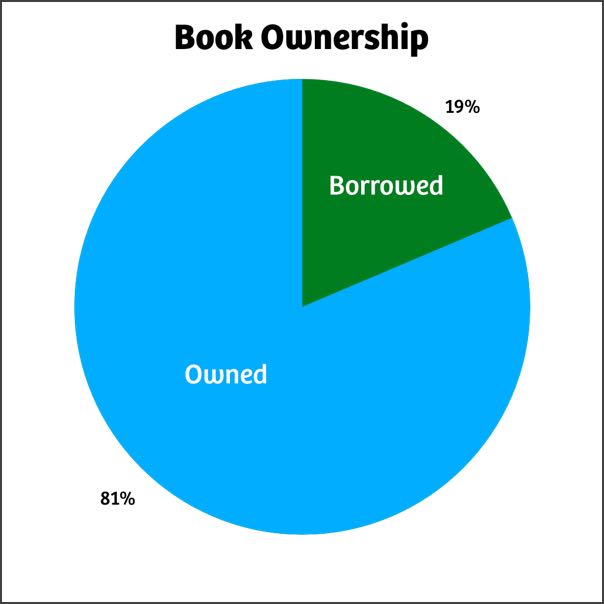
| Type | Count | Percentage |
|---|---|---|
| Owned | 52 | 81% |
| Library | 12 | 19% |
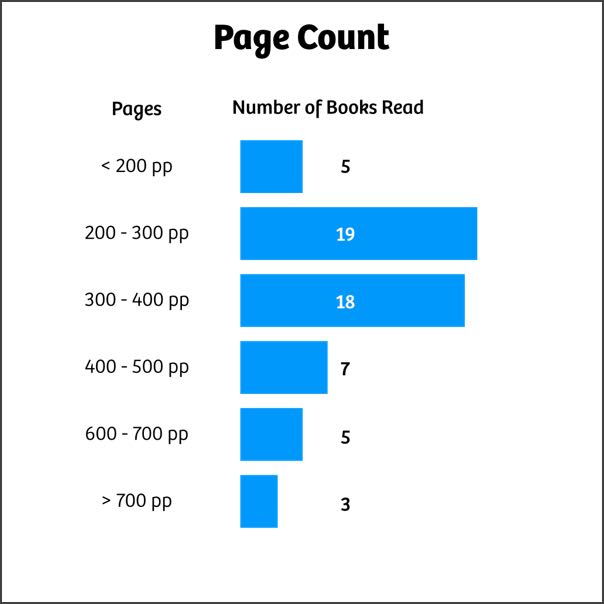
| Range | Count | Percentage |
|---|---|---|
| <200 | 5 | 10% |
| 200-300 | 19 | 40% |
| 300-400 | 18 | 37% |
| 400-500 | 7 | 15% |
| >500 | 8 | 17% |
Next issue will be back to my usual review format. But I have to say my reading has slowed right down at the beginning of 2025, to the extent that I have yet to complete a single book. I’d better speed up!
See you next time, and thanks for reading.
If you’d like to make a modest contribution to my efforts in this newsletter, I’d love it if you would buy me a coffee.
Want to comment? Please send an email to:

© Copyright 2025 by David R. Grigg
and licensed under Creative Commons License CC BY-ND 4.0.